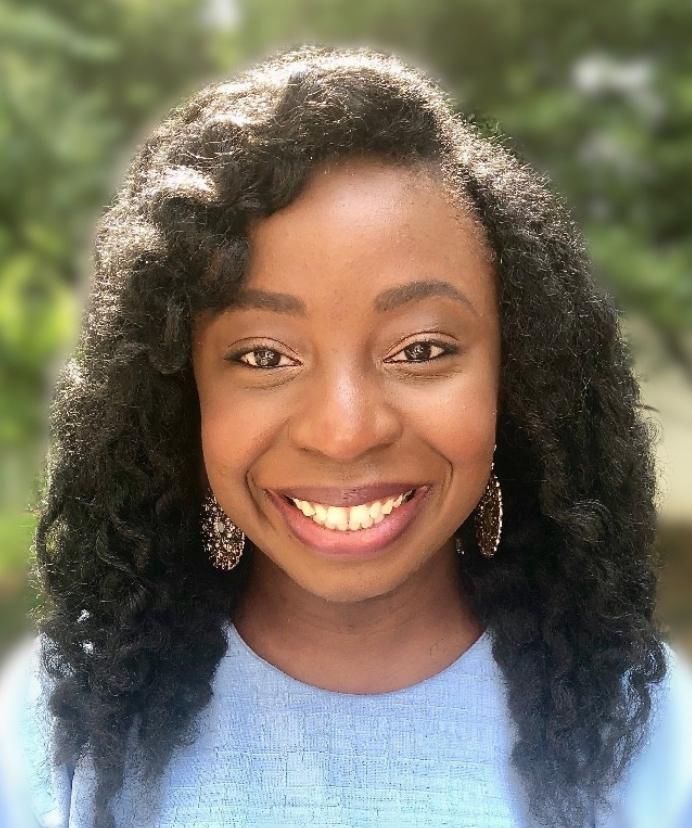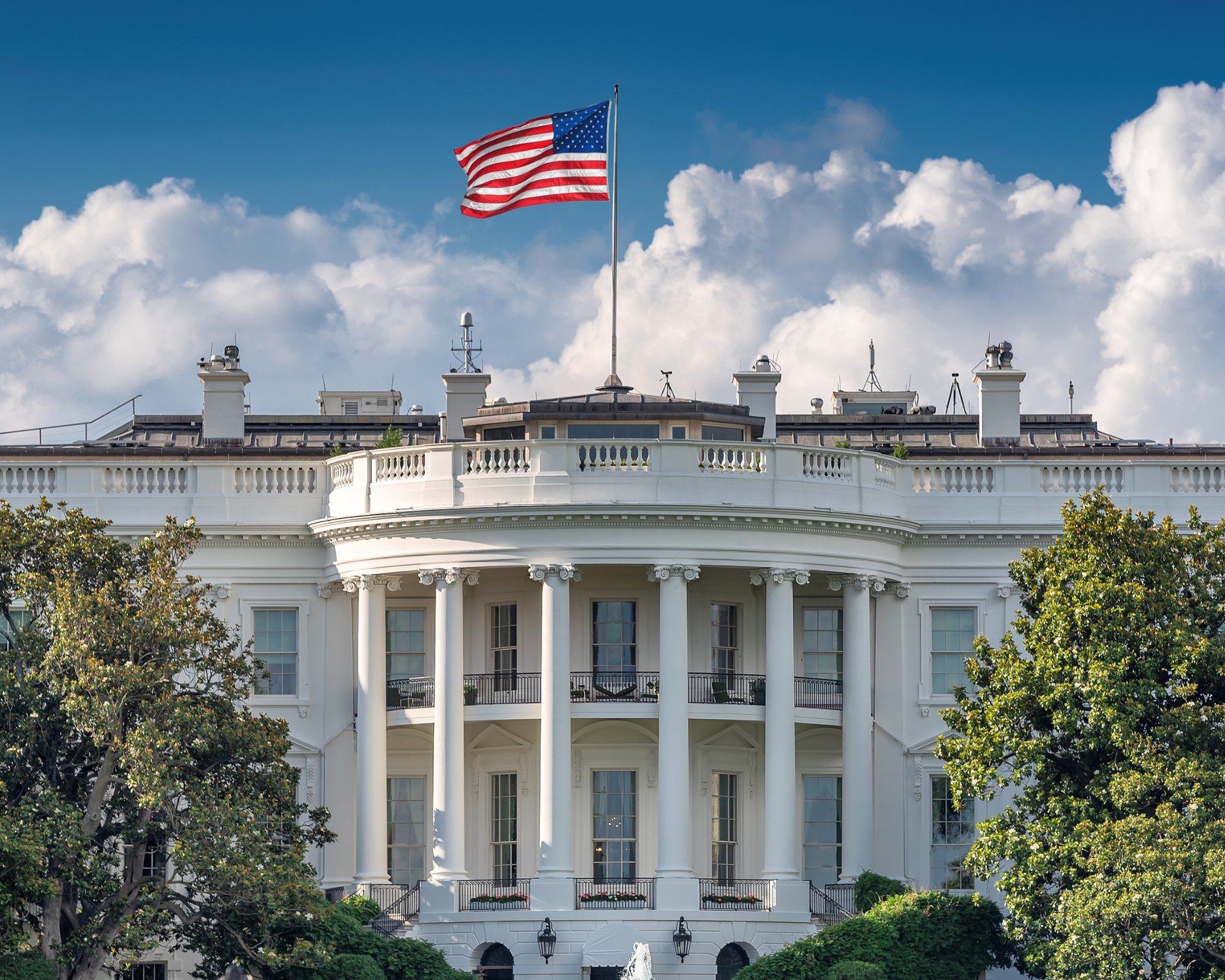William Darity
PHP Fellow Oluwatobi Alliyu profiles William Darity to define reparations for Black Americans and identify those responsible for enacting reparations.

Read Time: 2 minutes
Published:
William A. Darity Jr. is the Samuel DuBois Cook Professor of Public Policy at Duke University and the director of the Samuel DuBois Cook Center on Social Equity. His research focuses on economics, race and income inequality in the U.S. PHP Fellow Oluwatobi Alliyu sat down with Dr. Darity to discuss his work on making the case for reparations, key tenets of a reparations plan, and its implications for public health.
Public Health Post: What is your definition of reparations?
William Darity: Reparations is restitution for grievous injustice. My research focus has been on reparations for Black Americans, descendants of folks who were enslaved in the United States.
Which institutions in the public and private sectors do you think would implement reparation laws, policies, or programs for Black Americans?
I’m solidly of the position that the Federal Government, as the culpable party, is the body responsible for enacting a reparations program.
Do you think that a reparations conversation is currently happening within the Federal Government and if so, who are the key players?
I don’t think that conversation is happening in government circles yet. Most of the discussion in congressional circles focuses on a piece of legislation, House Resolution 40, which proposes to establish a commission that will be responsible for studying the case for reparations and presumably developing a plan for reparations.
What are the key tenets of a reparations plan?
The first key principle deals with the magnitude of a reparations fund. The amount must be sufficient to eliminate the racial wealth gap.
The second principle is that the reparations program should be predicated on the atrocities that occurred in this country after its formation. Some people like to gauge the magnitude of a reparations program by starting with 1619. I don’t think that’s the correct way to proceed. I think we have to start with 1776 because I’m not really sure how one identifies or isolates the culpable parties prior to 1776.
Finally, it is imperative that there be direct payments to eligible recipients. A reparations fund might be used for a variety of purposes, but a significant and key purpose must be making direct payments to folks who are eligible to receive them.
Beyond the Federal Government, do you think there are other groups that need to be part of the conversation on reparations?
There are a number of institutions, organizations, and families that are increasingly being called out or have identified themselves as having historical complicity with slavery. To the extent that they feel some obligation, I think they should become part of a coalition that petitions the Congress for a reparations program.
Photo courtesy of William Darity



